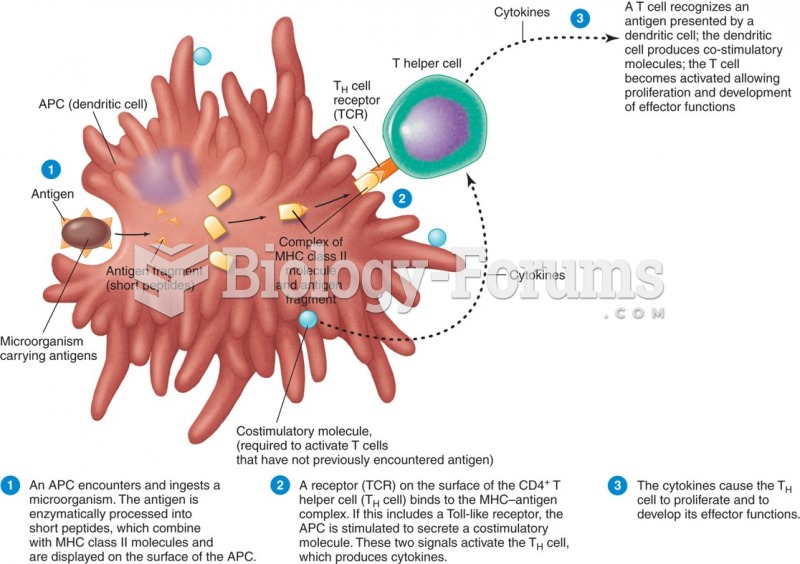This topic contains a solution. Click here to go to the answer
|
|
|
Did you know?
The average human gut is home to perhaps 500 to 1,000 different species of bacteria.
Did you know?
The immune system needs 9.5 hours of sleep in total darkness to recharge completely.
Did you know?
Limit intake of red meat and dairy products made with whole milk. Choose skim milk, low-fat or fat-free dairy products. Limit fried food. Use healthy oils when cooking.
Did you know?
In the United States, an estimated 50 million unnecessary antibiotics are prescribed for viral respiratory infections.
Did you know?
The first monoclonal antibodies were made exclusively from mouse cells. Some are now fully human, which means they are likely to be safer and may be more effective than older monoclonal antibodies.
 Reaching out for food on a garden bird feeder. Squirrels can rotate their hind feet, allowing them t
Reaching out for food on a garden bird feeder. Squirrels can rotate their hind feet, allowing them t
 Mobilize the ankle using the heels of the hands. Place a palm on either side of the ankle just below ...
Mobilize the ankle using the heels of the hands. Place a palm on either side of the ankle just below ...





